Tightening rules for H-1B visas would be counter-productive but the US President needs a sales pitch for polls
With the US presidential elections less than 30 days away and challenger Joe Biden beating Donald Trump in the approval ratings, the incumbent President has literally pulled out what he thinks is his trump card. His administration has tightened rules for the 85,000 annual immigration visas used by technology firms on the plea that the “new system would be better for American workers” as “data” has shown that over “5,00,000 Americans have lost their jobs because of H-1B non-immigrants.” Though the move may go down well among Trump’s key constituents of conservatives, who want to “make America great again” and give him a fighting chance at the hustings — which he all but threw away through his reckless handling of the Covid crisis — the US technology industry is up in arms. This is because the new rules that cut back H-1B visas for foreign skilled workers and tighten wage-based entry barriers would make it harder for companies to hire talent. However, this latest decision could face scrutiny from US courts because significant changes have been made by the US Department of Homeland Security and Department of Labour to the definition of speciality occupation and the employer-employee relationship. Plus, the validity of an H-1B visa has been limited to one year from the three years it used to be earlier for technology workers at a third-party worksite. This will negatively impact US firms and Indian services and recruitment companies that often place workers on projects at third-party locations. Plus it will hit Indian tech giants like Wipro, Infosys and Tata Consultancy Services (TCS), who send workers from India to manage important projects. To add to the woes of technology firms as well as applicants, the minimum wage levels at which H-1B employees can be hired have also been increased significantly.
The move is likely to affect Indian techies the most as India and China account for the lion’s share of the visas, with India cornering over 70 per cent of them. Now, under the new rules, about one-third of H-1B applicants visas would be rejected as the number of speciality occupations available has shrunk drastically. It might also sour the US’ relations with India. The US lacks STEM skills and restricting access to talent could slow down research and development. How exactly Trump hopes to help the US economy with this move is unclear because restricting the H-1B visa programme would lead to an increase in outsourcing, thereby defeating the purpose of bringing the rules in the first place.







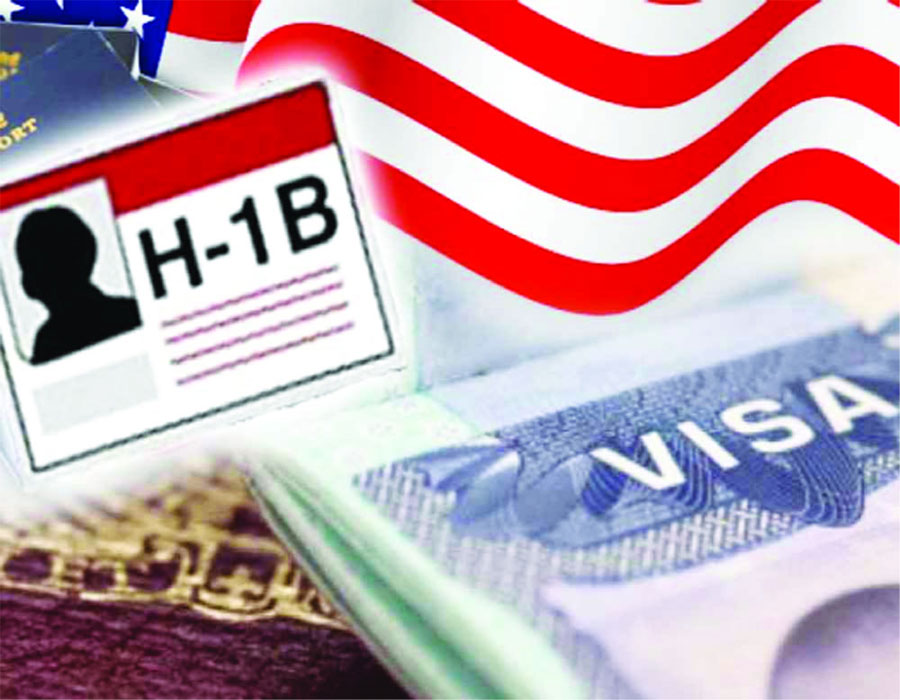
 OpinionExpress.In
OpinionExpress.In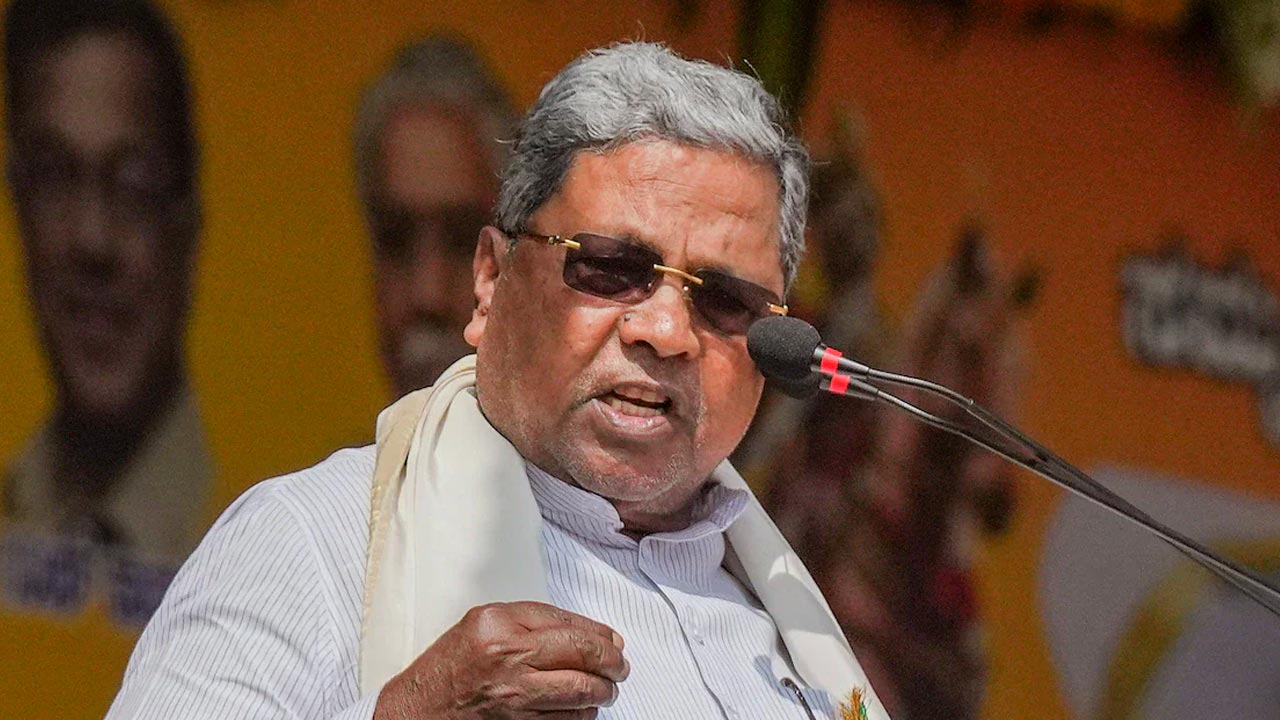
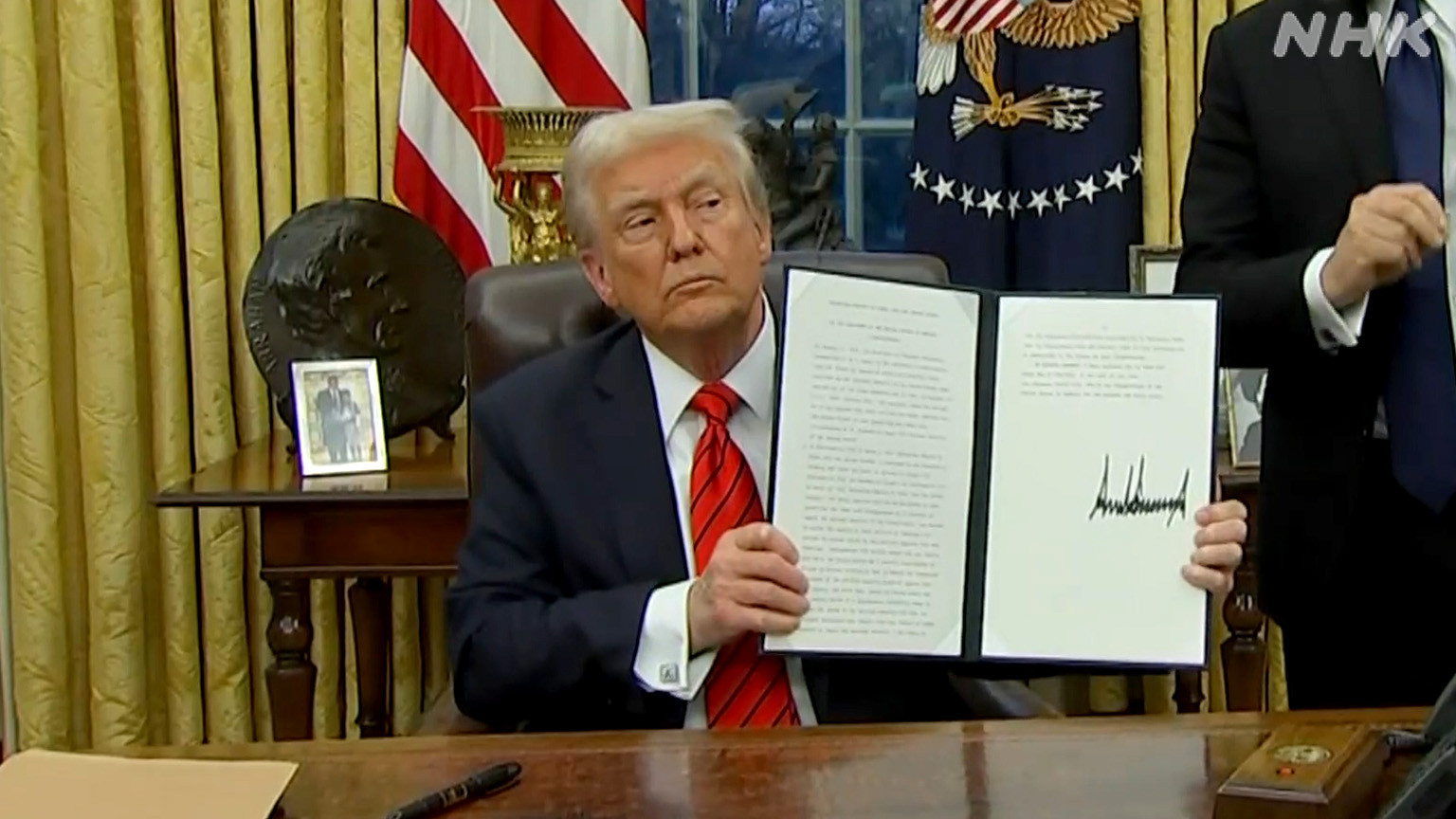
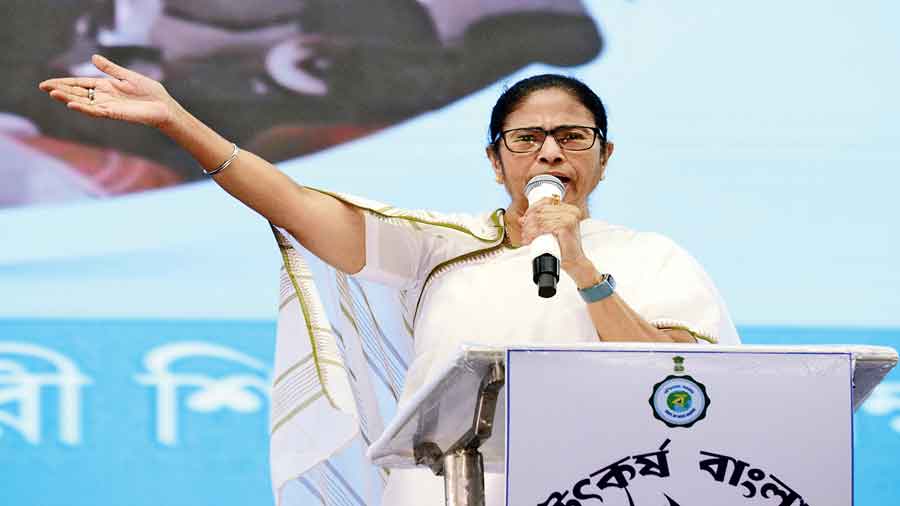
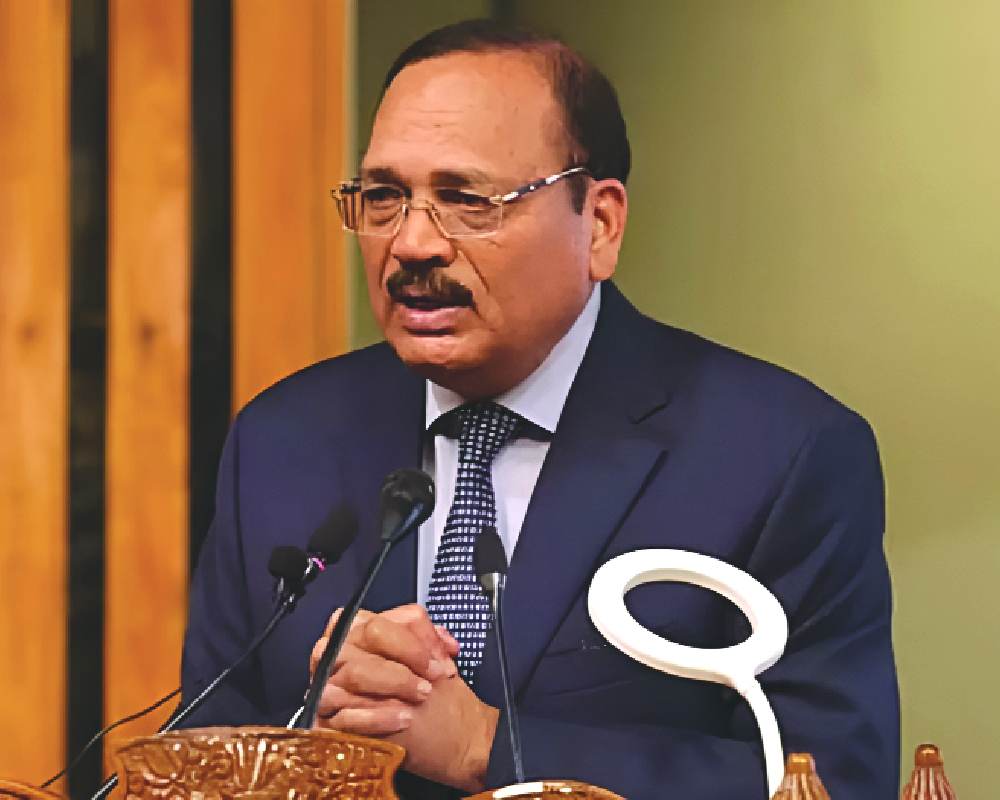
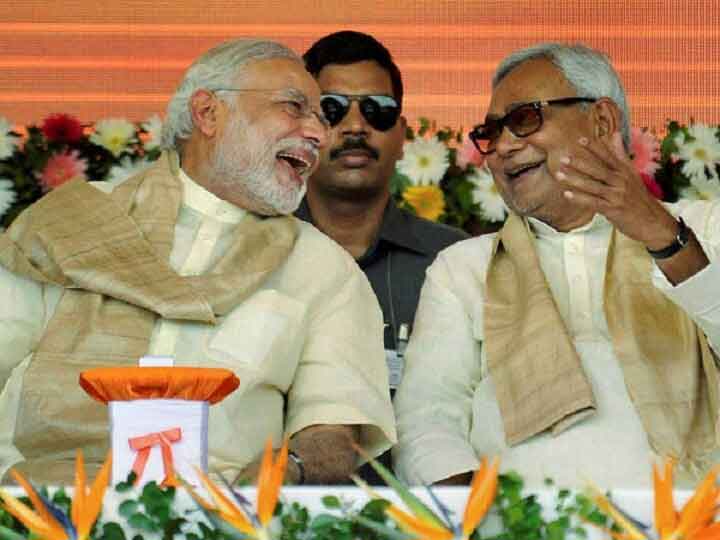
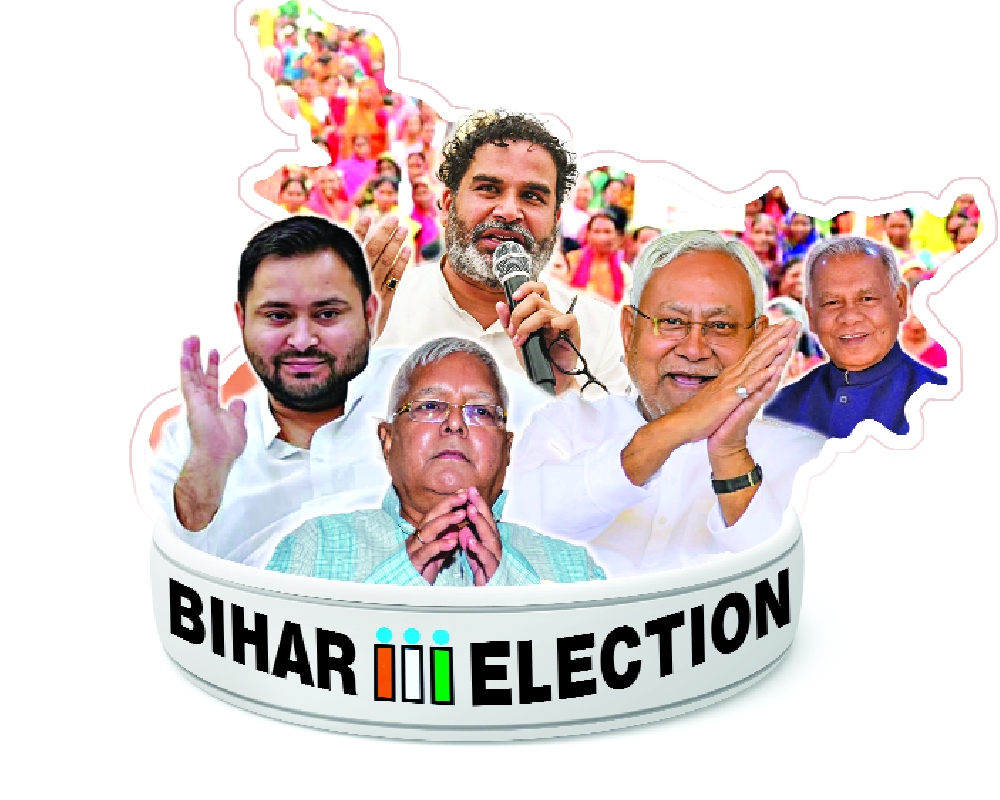
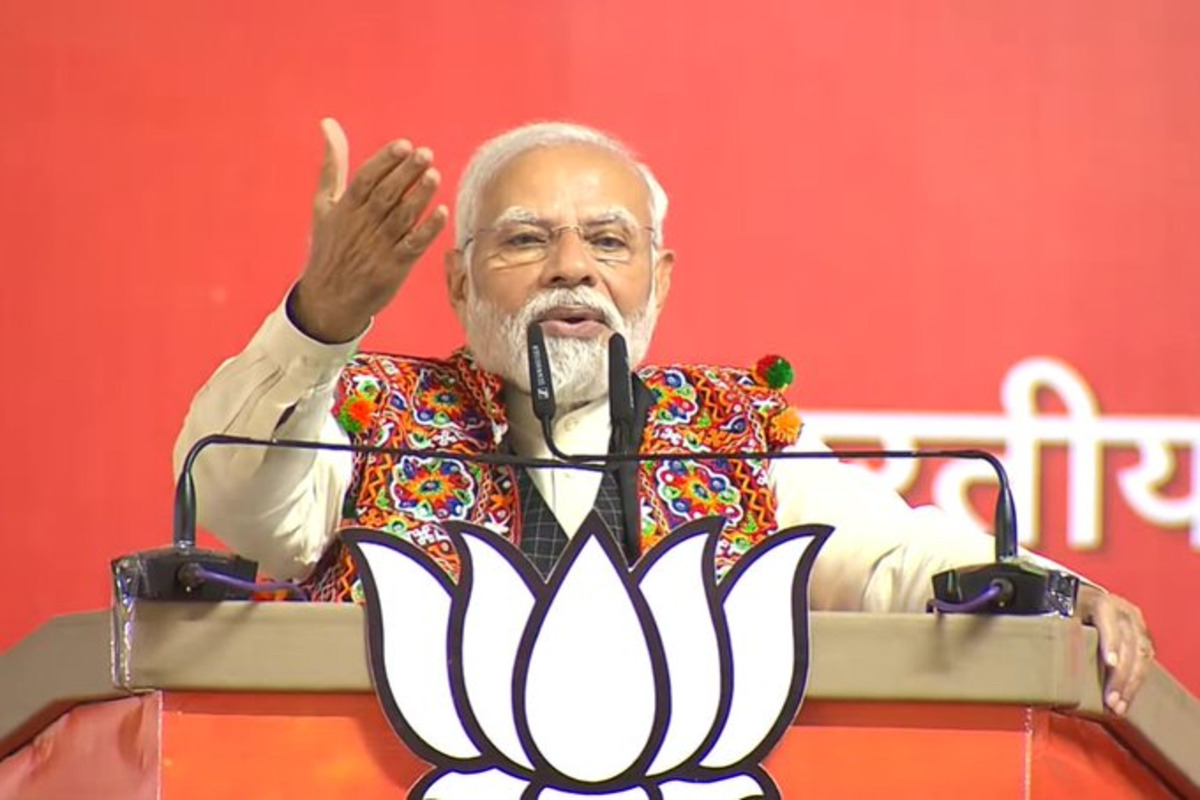

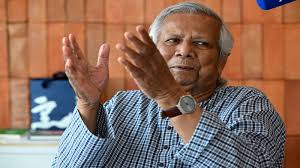
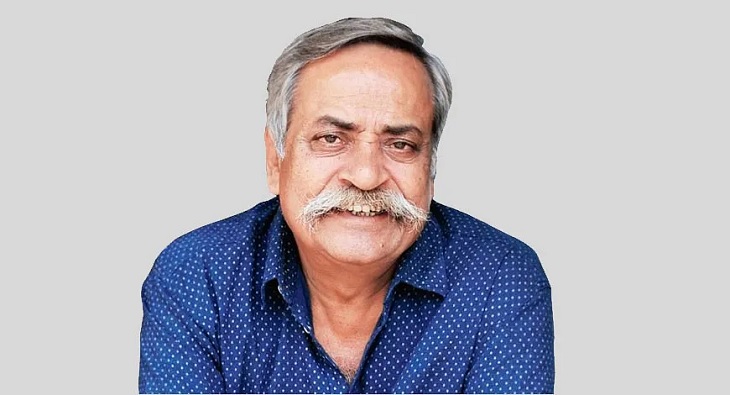






Comments (0)